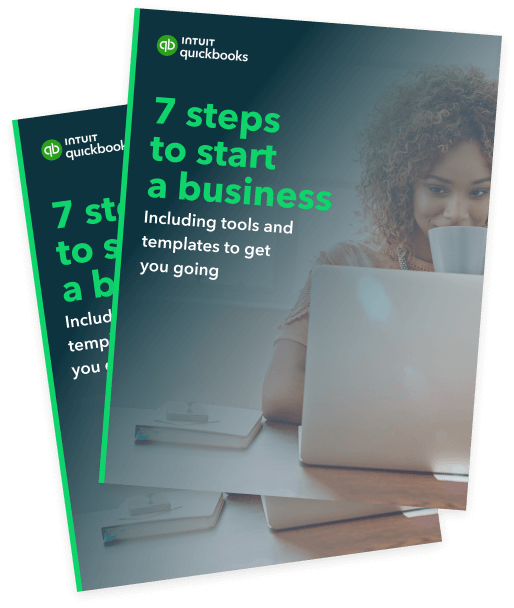Starting your self-employed business
Before you rush into a new business venture, find out if you’re ready for self-employment. It takes an entrepreneurial spirit, passion and the willingness to work by yourself, possibly for more hours than a typical nine-to-five job.
Being self-employed isn’t quite the same as starting a small business. When you’re self-employed, you work as a sole trader or independent contractor without other employees working under you. In short, you are the business. A small business owner, on the other hand, likely has several employees or uses contractors to handle some of the work.
Once you decide the entrepreneur life is for you, it’s time to settle on a type of business. For some entrepreneurs, a hobby turns into a money-making business idea. Knowing the difference between a hobby and a business is essential when it comes to figuring out how to pay tax.
You can choose to run a consulting firm, service business or freelance business, to name a few. Even entrepreneurial retirees are getting in on the self-employment lifestyle with startups that fit their skills and life circumstances.
The transition from full-time employee to full-time contractor requires careful financial planning. Saving enough money to cover several months of expenses helps you pay your bills while you’re ramping up your business income. Another option is to start a side business while working full time; this allows you to earn dual income and grow your client roster without giving up a steady income.
The gig economy makes it easy to make extra money on the side. Thanks to this growing free market system, you can take on short-term gigs and temporary positions as an independent contractor. Increased mobility and tech solutions make it easier than ever to complete work online. You can work for different companies doing a variety of tasks, and much of the work is independent of location so that you can work from anywhere.
Having a business idea and a financial strategy is an excellent place to start, but you also need a solid action plan. Following a checklist to become your own boss helps you cover all the essentials, from creating a budget and saving money to registering your business and setting up your perfect home office. Developing a business plan also helps guide your decisions as you transition into being self-employed.















